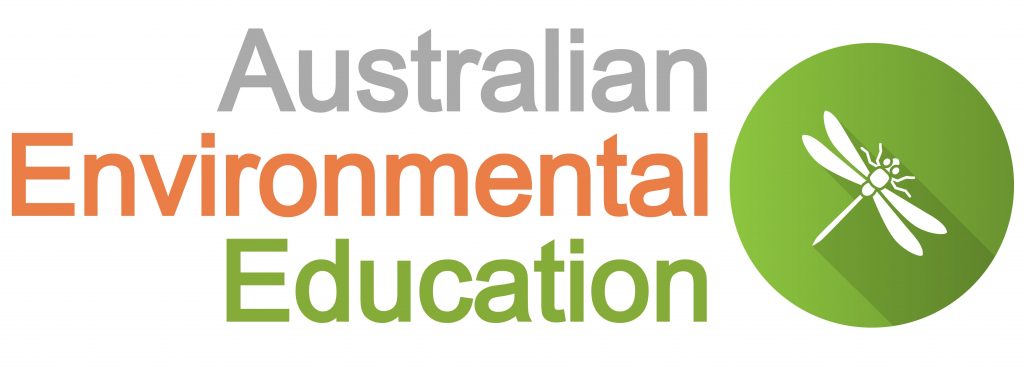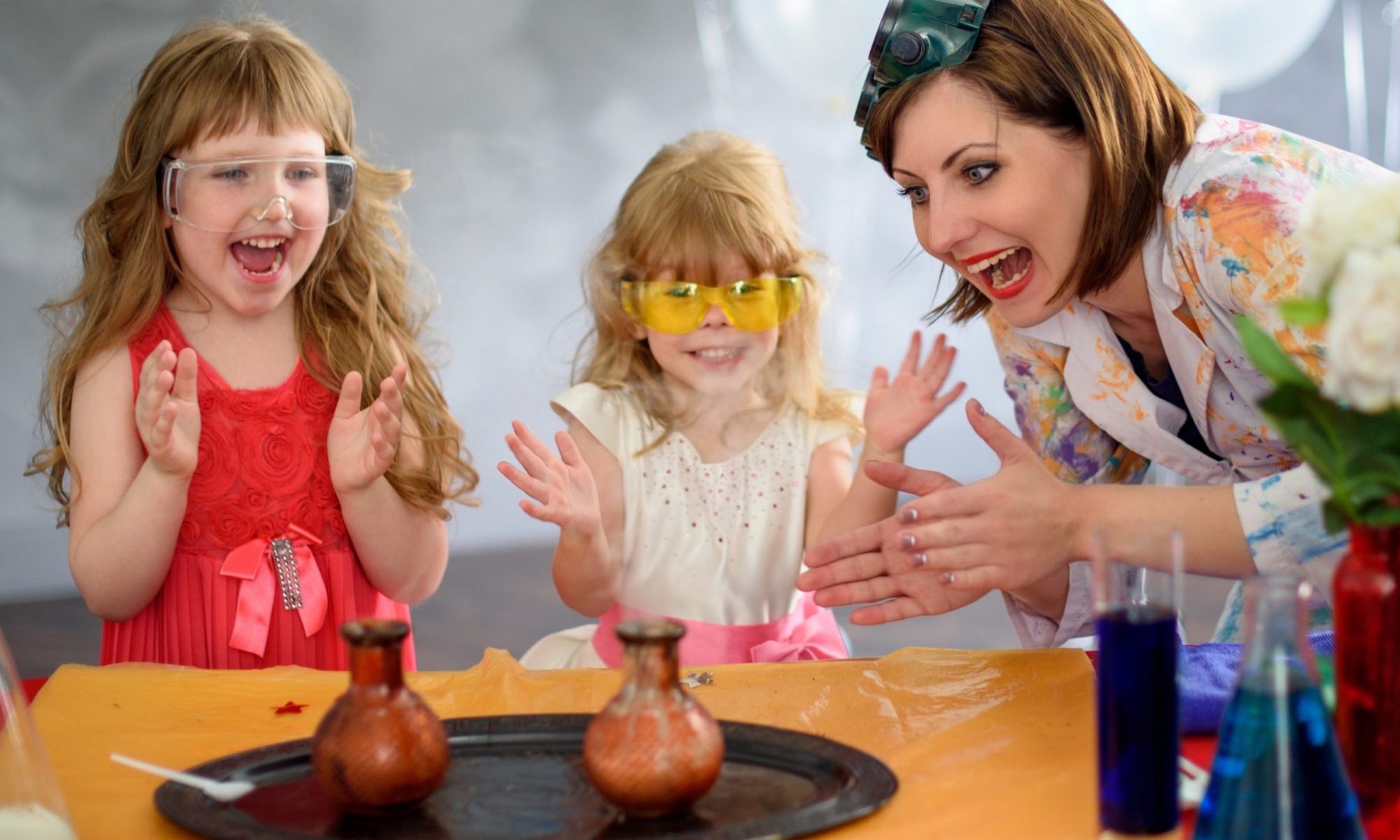Sustainability Starts with You looks at ways we can reduce, reuse and recycle to reduce our ecological footprint. Students will learn that the best way to reduce waste is to not create it in the first place. Students will discover that cutting down on waste is easy.
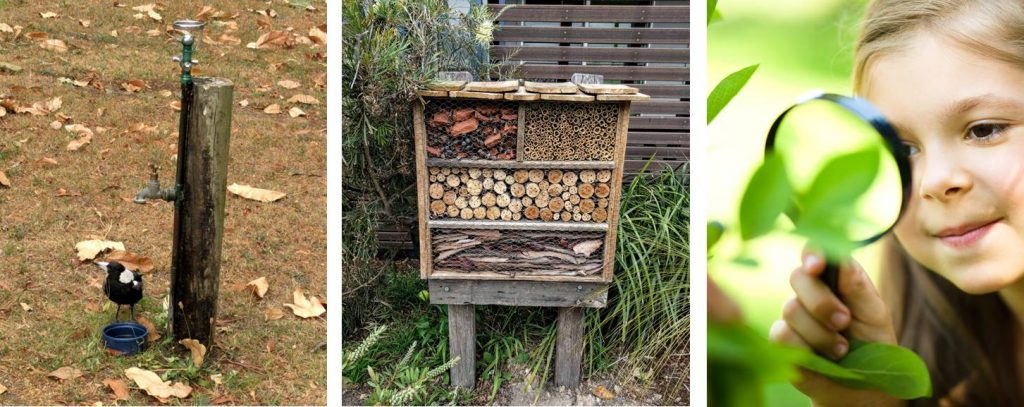
Staff said the Sustainability Activity was amazing and the children were engaged the whole time. It was very well done and everyone loved it!
St Mary’s YMCA Vacation care April 2023
Sustainability Starts with You Program Content:
In this program students will:
- Have a presentation on how you can be sustainable
- Conduct fieldwork to look for evidence of animals in the school grounds
- Look at some of the clues that invertebrates leave behind
- Do a sustainability audit of the school
- Look at the journey of water from the mountains to the sea
- Make an insect hotel for the school
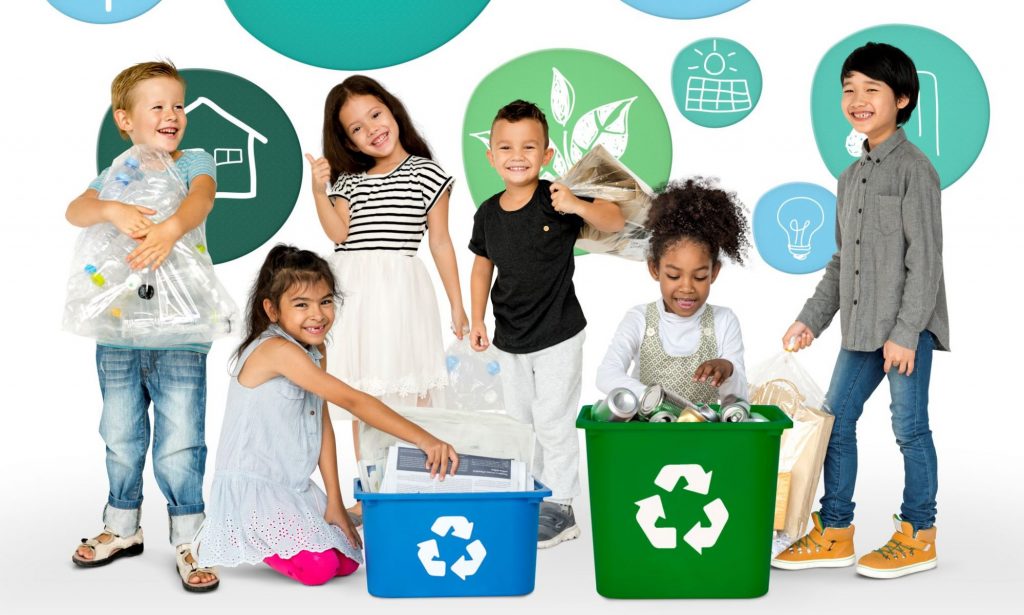
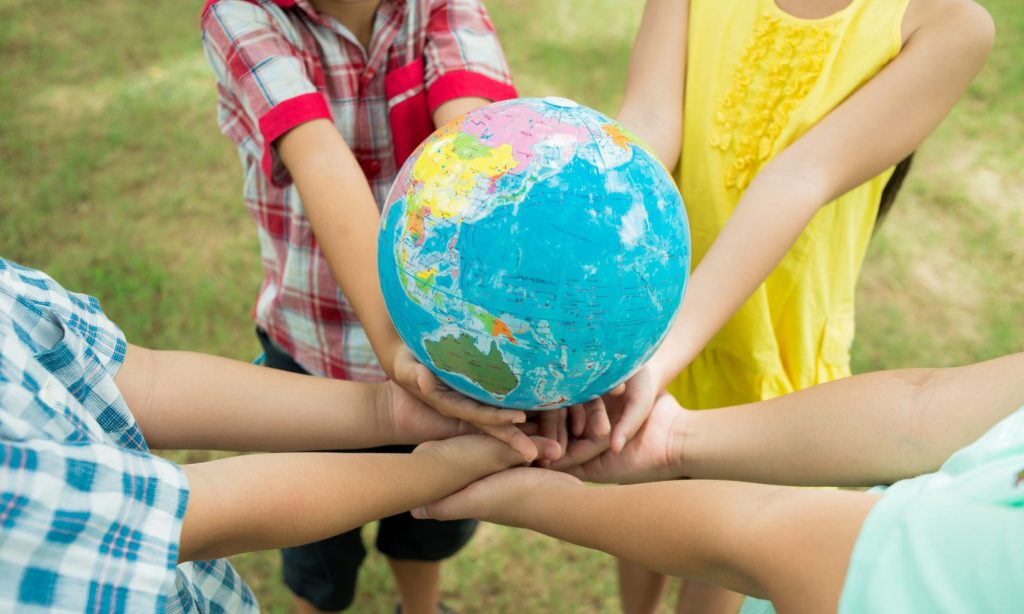
- Classification: Living Things – Vertebrates and Invertebrates
- Identification: Common groups of animals, habitats and comparing features
- Hands on investigation: Field works practices, applying geographical tools and observation
- Sustainability: Protecting habitats, saving species, making informed actions, sustainable ways of living and looking at challenges to sustainability
Science Made Easy combines resources with an in school learning module. There are a range of packages available to suit your science education needs. Request an Incursion
Education Resources
Find education resources to help you and your students learn more about Sustainability
NSW Curriculum Links
Science and Technology K – 6
Skills
Students develop and apply skills in:
- scientific inquiry through the process of working scientifically
- design and production processes in the development of solutions
Knowledge and understanding
Students develop knowledge and understanding of:
- the natural world including living things and Earth
- the built environment
- how digital technologies represent data
Human Society and its Environment HSIE
Students:
- develop knowledge and understanding of the features and characteristics of places and environments across a range of scales
- develop knowledge and understanding of interactions between people, places and environments
Students:
- apply geographical tools for geographical inquiry
- develop skills to acquire, process and communicate geographical information
See the NESA website for full details.
https://educationstandards.nsw.edu.au/wps/portal/nesa/k-10/learning-areas/science
https://educationstandards.nsw.edu.au/wps/portal/nesa/k-10/learning-areas/hsie
